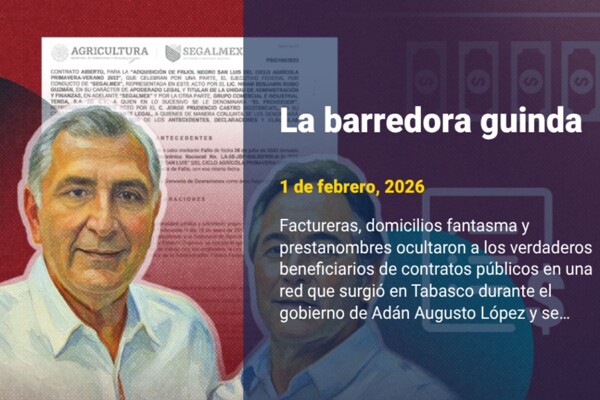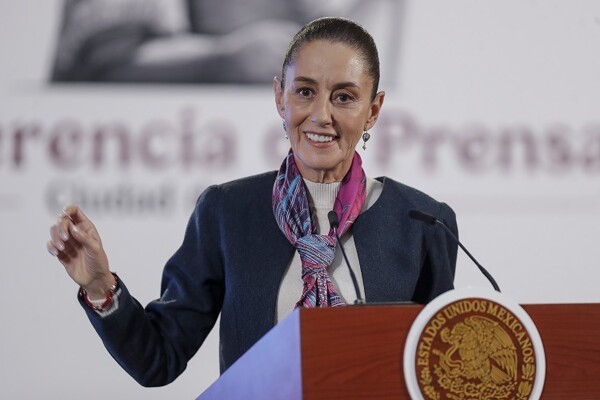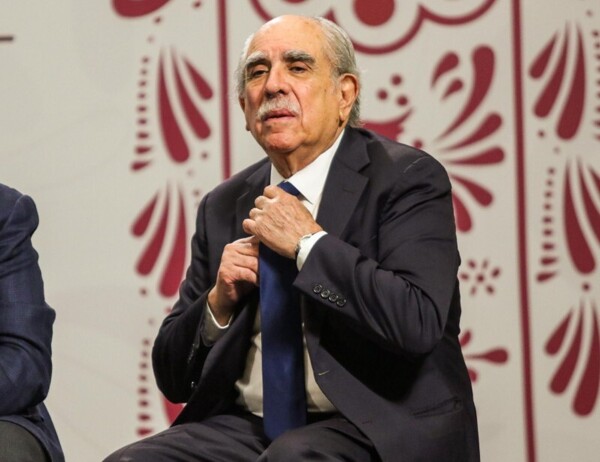
The National Housing Fund Institute for Workers (Infonavit) is facing a series of administrative, financial, and business challenges marked by corruption and nepotism. There are fears that the 2.4 trillion pesos allocated for housing units may be diverted toward an enormous embezzlement, affecting the nation and workers. The reform to the Institute proposed by the president of Mexico seeks to build a million homes during the 2024-2030 period and control significant funds to cover the budget deficit.
The reform plans to grant the director of Infonavit greater decision-making powers and create a construction company associated with the Institute, modifying the structure of the Assembly and the Council. This implies a reduction in the representation of workers and employers, increasing government presence and eliminating the autonomy of the Institute. Since its creation in 1974, Infonavit has been led by presidential appointments, and the new reform proposes substantial changes in its operation.
The reform aims to revive the original model of housing construction, abandoned more than 10 years ago for various reasons, such as oversupply in the market and the multiple allocation of credits to the same family. The new regulations would eliminate the autonomy of the Institute, granting the director special powers and reconfiguring representation in decision-making. The appointment of Octavio Romero Oropeza, criticized for his management at Petróleos Mexicanos, to lead Infonavit has raised concerns about the viability of the reform and the increase of nepotism within the organization.
The Infonavit reform presents a shift in its operational model, moving from a financial approach to one of construction, with the creation of an associated construction company. However, the ability of the new management to face the current challenges of the Institute is questioned, mainly the saturation of the real estate market and the potential corrupt practices that could arise.














